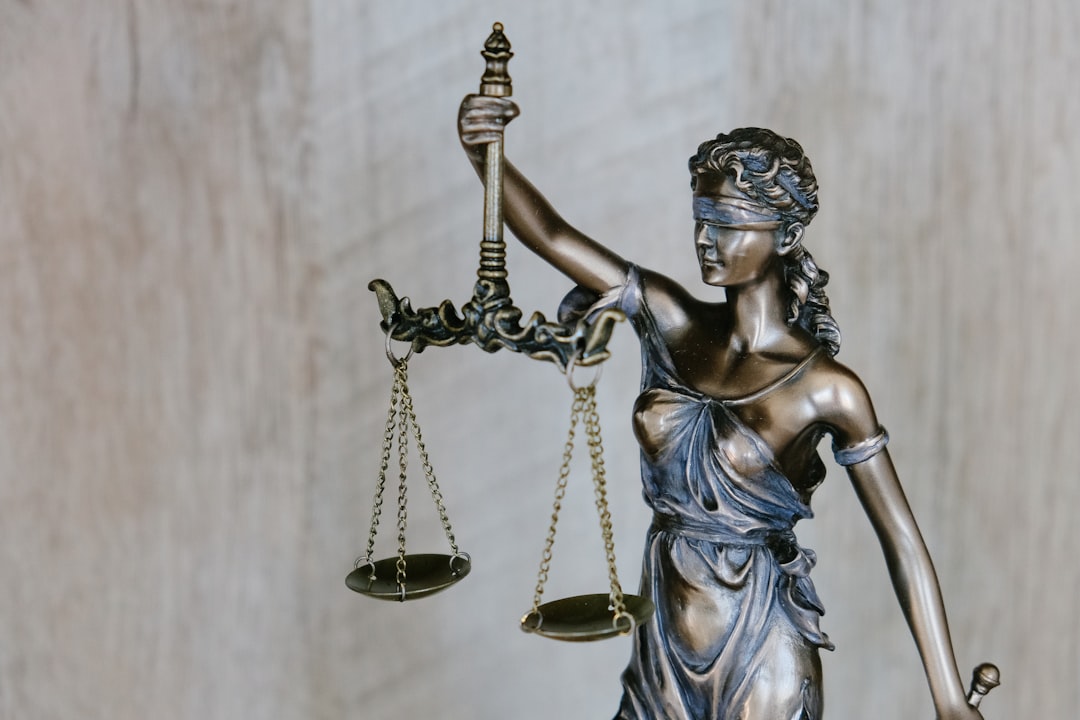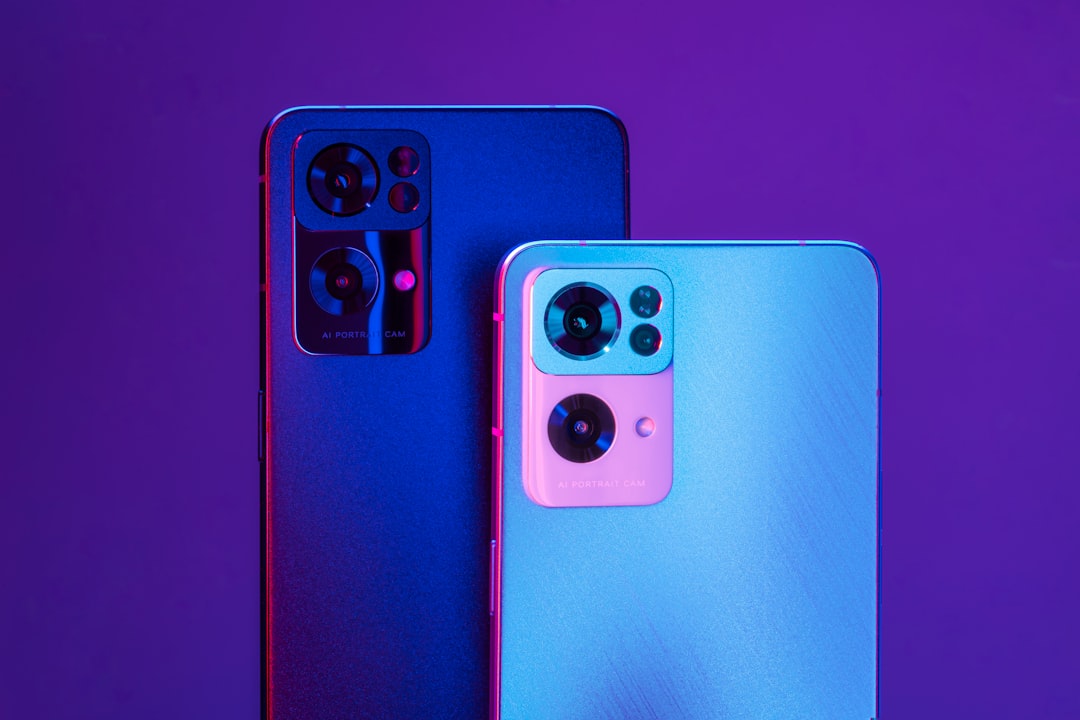In West Virginia, Automated Call Growth (ACG) technologies have empowered businesses but also led to a surge in unwanted telemarketing calls, even for those on "Do Not Call" lists. This has prompted the rise of Unwanted Call Attorney WV specialists who navigate ACG's legal complexities and protect consumers' rights. Consumers can reduce nuisance calls by registering on "Do Not Call" lists, blocking numbers, and educating themselves about their legal marketing rights.
In today’s digital age, automated call growth has become a pervasive issue, particularly for residents of West Virginia facing unwanted calls from legal firms. This article delves into the complex landscape surrounding this practice in Princeton, exploring the gray areas of legal implications and consumer rights. We discuss strategies to navigate these challenges and protect individuals from aggressive call attorney practices in WV, emphasizing the importance of understanding one’s rights in the face of persistent unwanted phone calls.
Understanding Automated Call Growth and Unwanted Calls in West Virginia

In the digital age, Automated Call Growth (ACG) technologies have transformed how businesses reach their customers. However, this advancement has also led to a growing concern over unwanted calls, particularly in West Virginia, where residents often find themselves deluged with telemarketing messages despite registering on “Do Not Call” lists. ACG, while efficient for legitimate marketing efforts, can be exploited by unscrupulous call centers, resulting in an influx of unsolicited calls. These unwanted calls not only invade personal time and space but also pose legal and ethical issues, prompting many West Virginians to seek help from unwanted call attorneys WV.
The prevalence of these unwanted calls has sparked a need for better regulation and consumer protection. The unwanted call attorney WV plays a crucial role in navigating the gray areas surrounding ACG, ensuring that businesses adhere to legal frameworks designed to curb excessive or unauthorized telemarketing activities. By understanding the intricacies of ACG and its potential pitfalls, consumers can take proactive measures to protect their rights and maintain a peaceful, unintrusive communication environment.
Legal Implications: Navigating the Gray Areas of Call Attorney Practices

The rise of automated call growth technologies has brought both opportunities and challenges, particularly in navigating legal gray areas. One such area is the practice of unwanted call attorneys in West Virginia (WV). With the proliferation of automated dialing systems, consumers are increasingly receiving unsolicited phone calls from law firms offering services, which can lead to legal repercussions for non-compliance with consumer protection laws.
In WV, as in many states, there are strict regulations governing telemarketing and robocalls. Unwanted call attorney practices may inadvertently step into these gray areas when they use automated systems to reach potential clients. Consumer complaints about excessive or nuisance calls can trigger investigations, leading to significant fines for law firms found to be violating privacy laws. Understanding the legal implications is crucial for unwanted call attorneys in WV to ensure their practices remain compliant and ethical, fostering a healthier relationship between legal services providers and consumers.
Protecting Consumer Rights: Strategies for Dealing with Unwanted Call Attorneys in Princeton, WV

In Princeton, WV, as in many places across the country, the rise of automated call growth has led to an increase in unwanted calls, particularly from attorneys seeking new clients. This trend presents a significant challenge for consumers, whose privacy and rights must be protected. To combat the deluge of unsolicited legal inquiries, several strategies can be employed by residents of Princeton.
Firstly, registering on national “Do Not Call” lists is an effective step. The Federal Trade Commission (FTC) maintains a registry where individuals can opt-out of marketing calls for up to five years. Additionally, many states, including West Virginia, have their own “do not call” registries that offer similar protections. Secondly, consumers should be proactive in blocking numbers associated with unwanted calls. Most smartphones allow users to block specific numbers or even entire ranges, significantly reducing the volume of unsolicited attorney calls. Lastly, educating oneself about legal marketing practices and staying informed about one’s rights can empower individuals to handle such situations more effectively.





